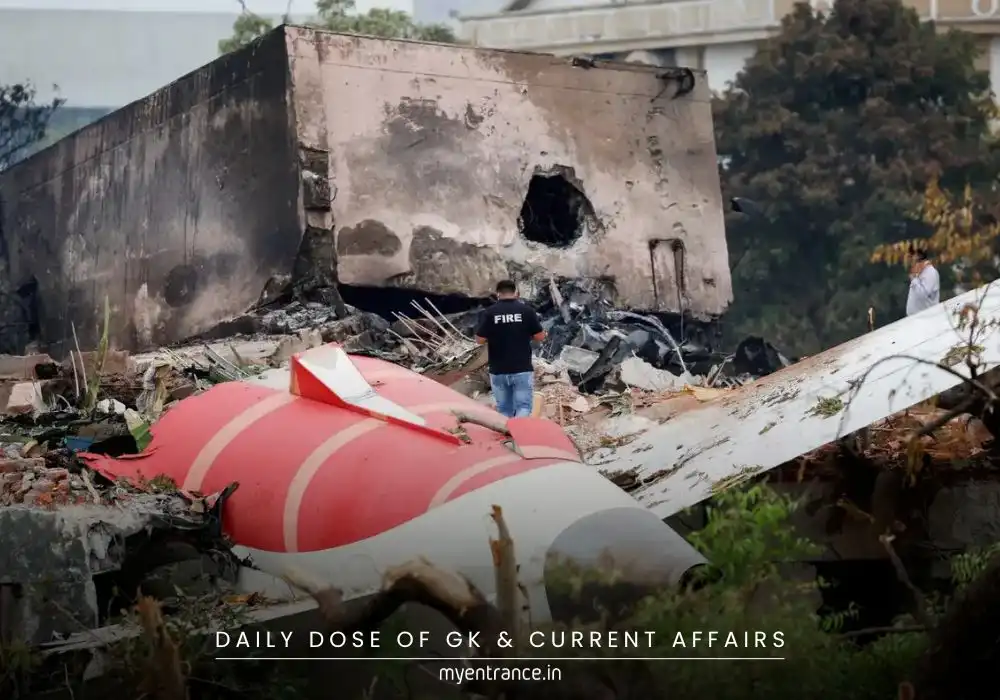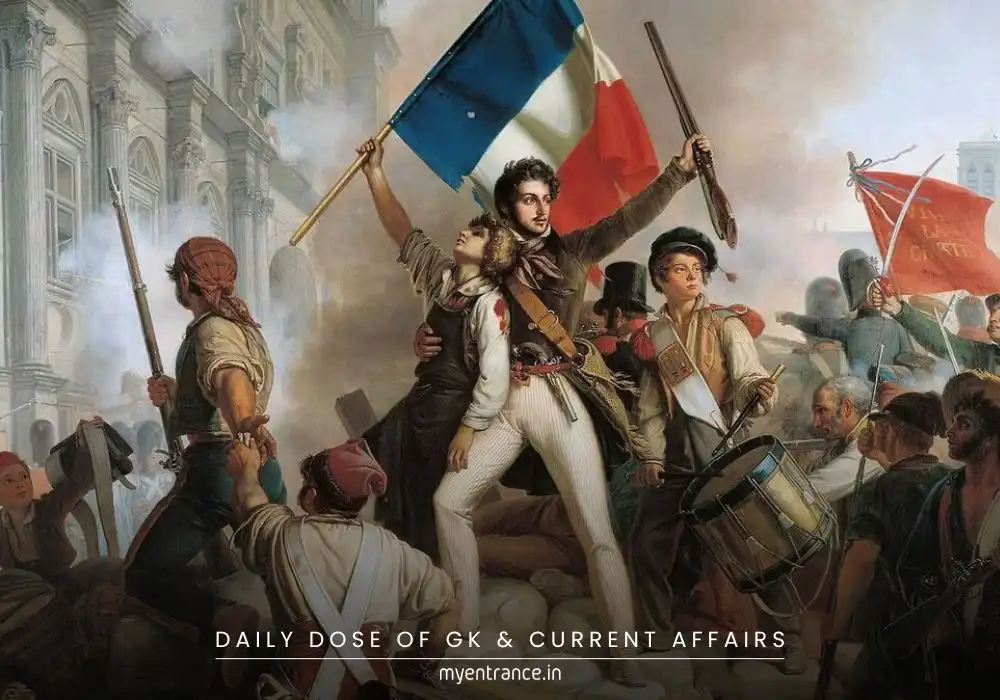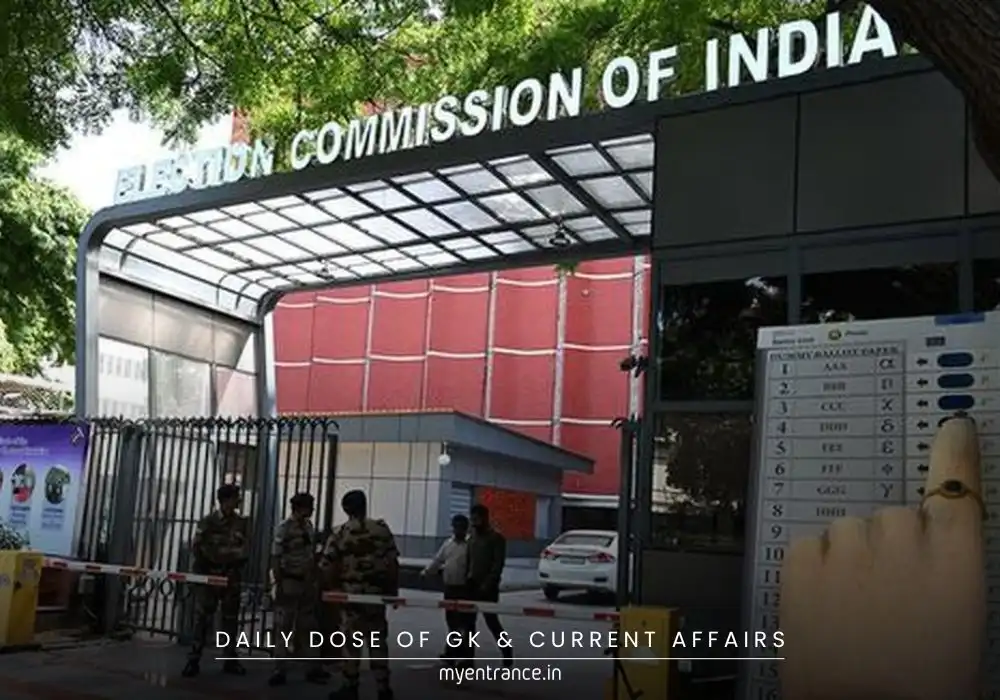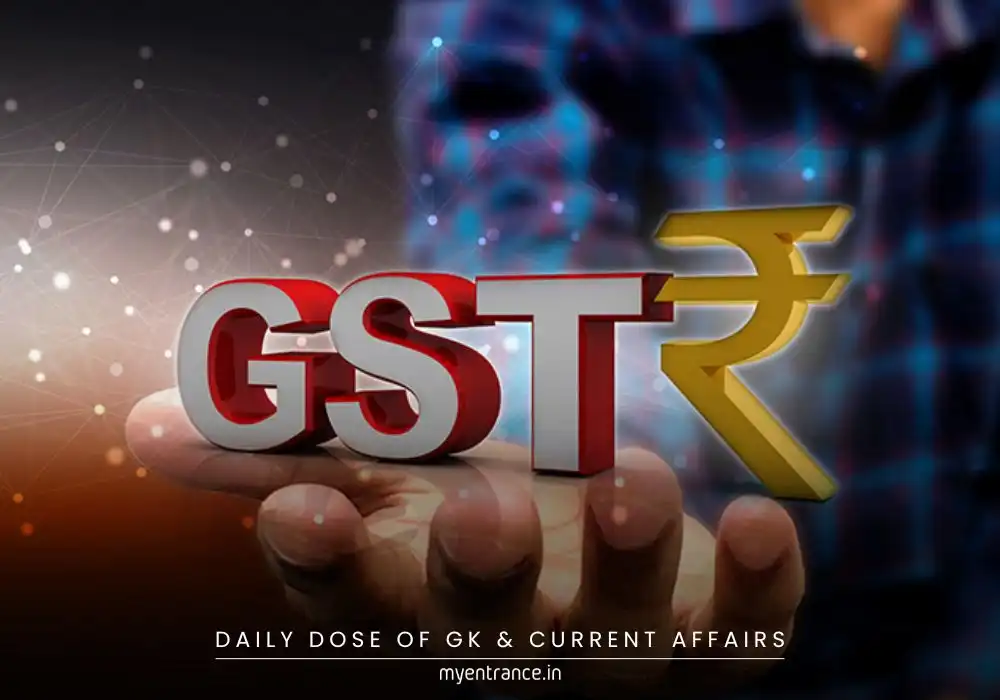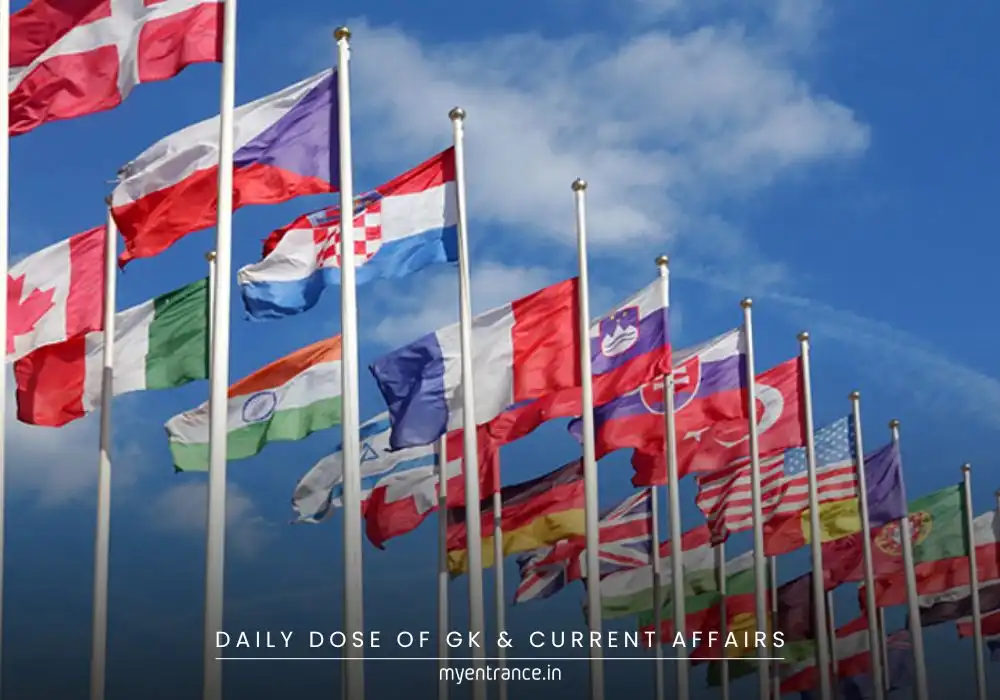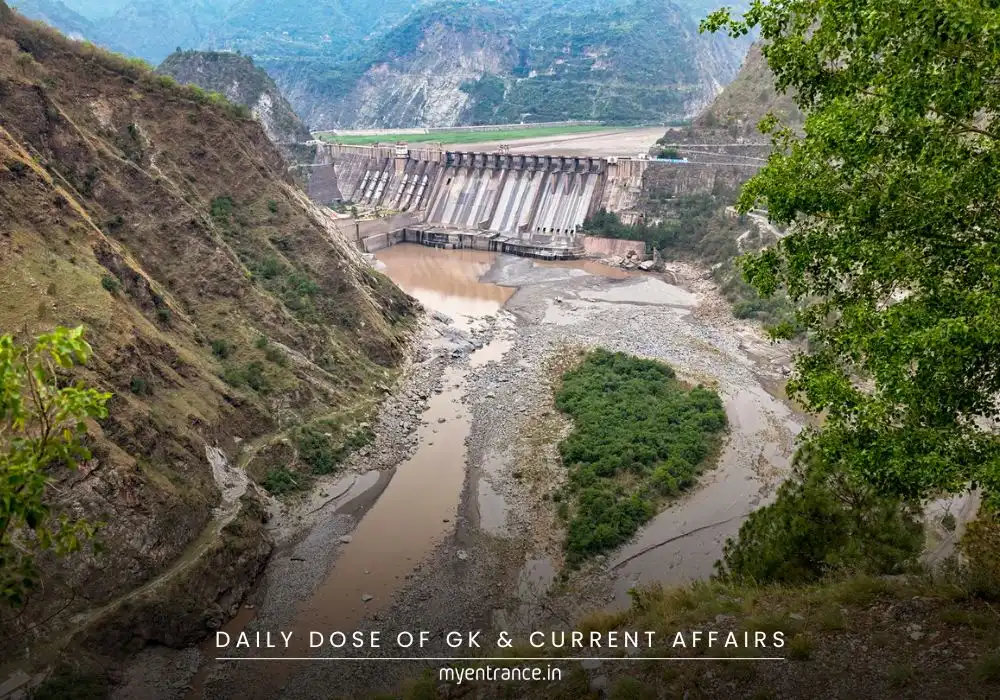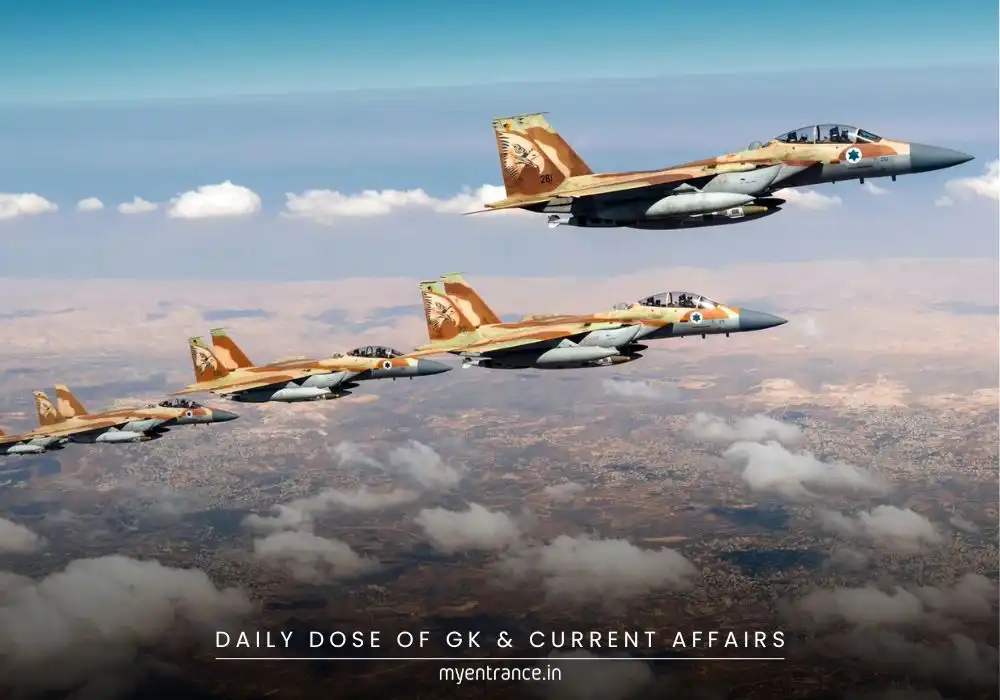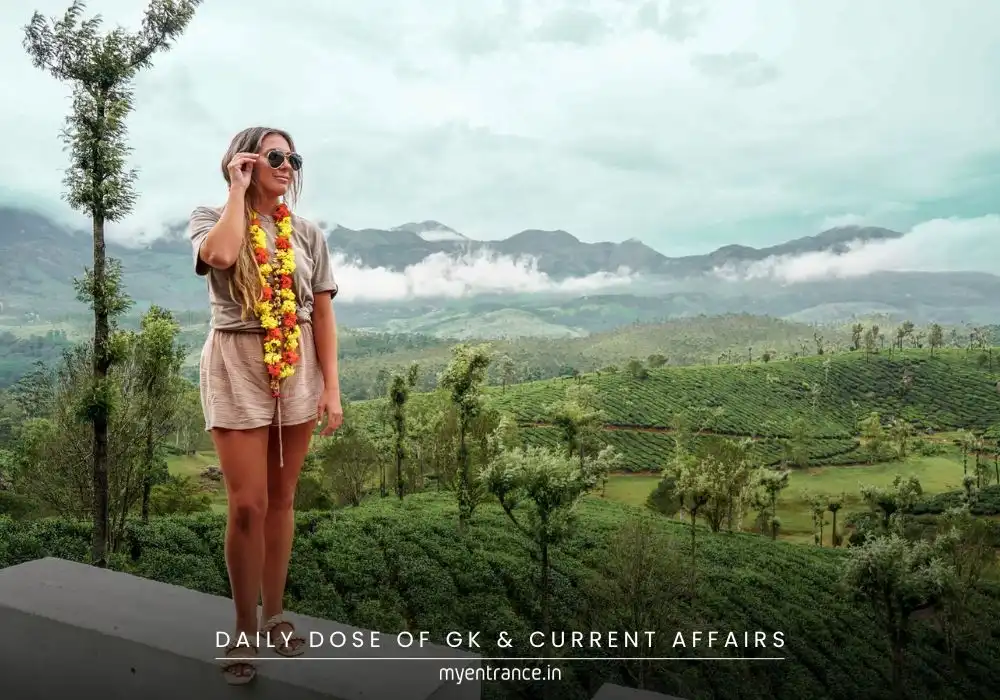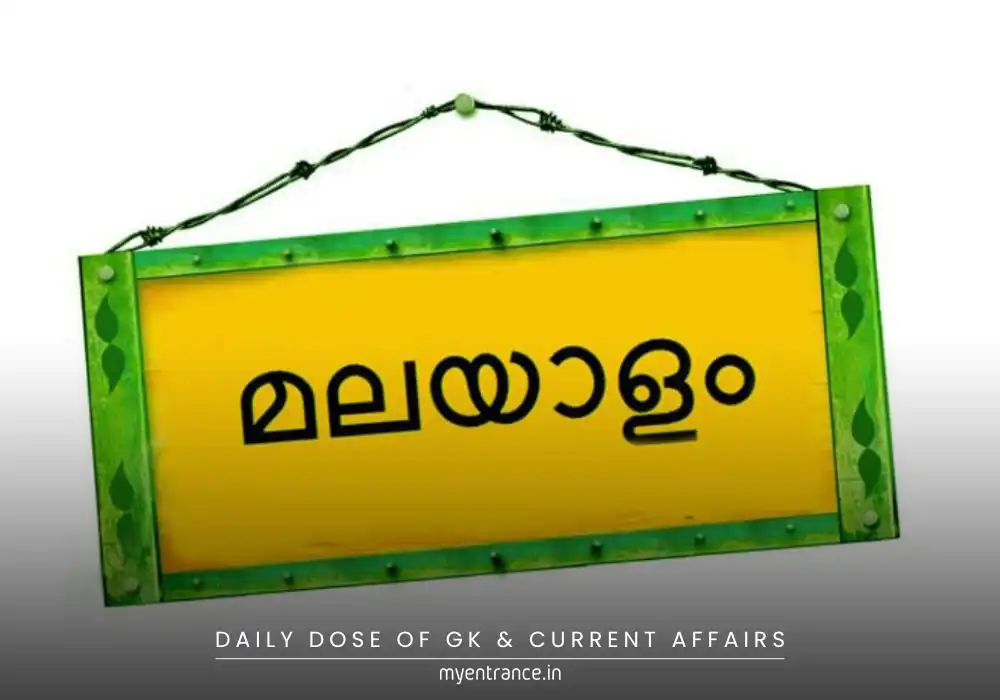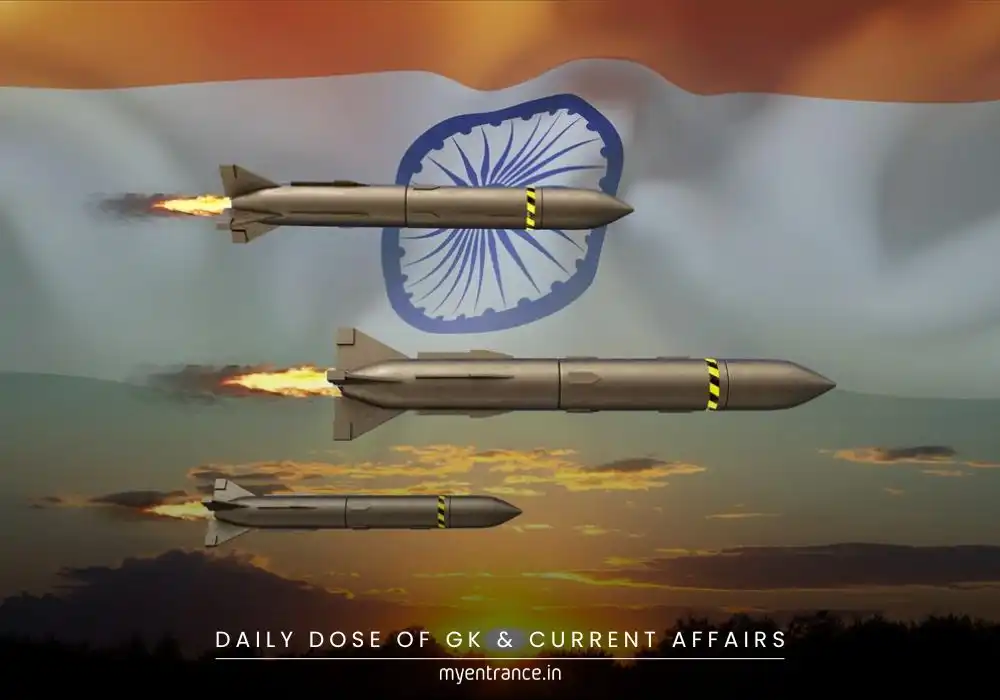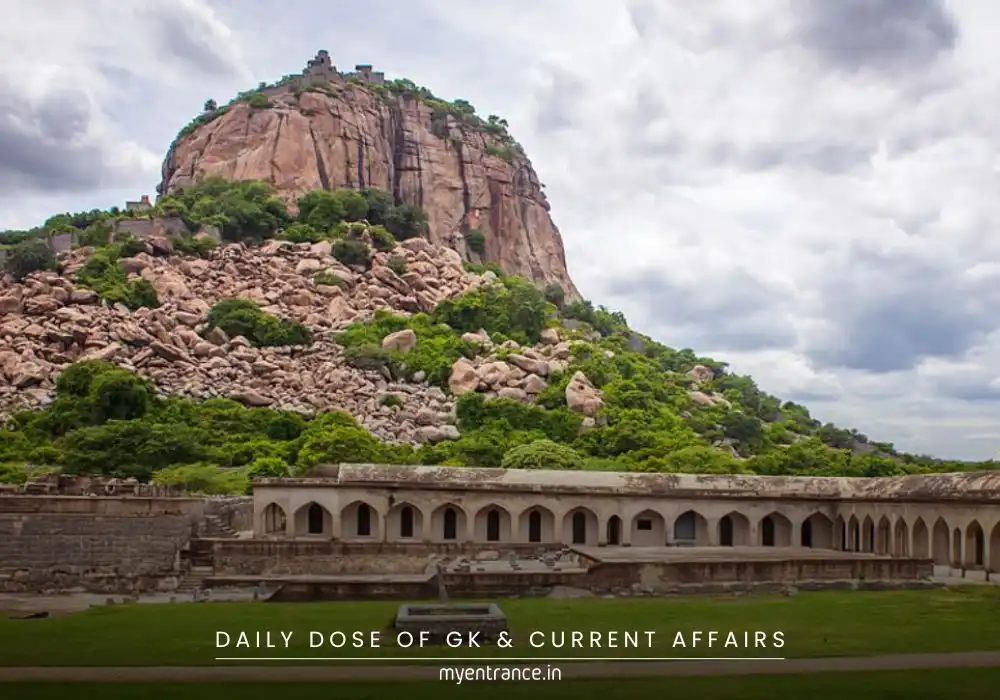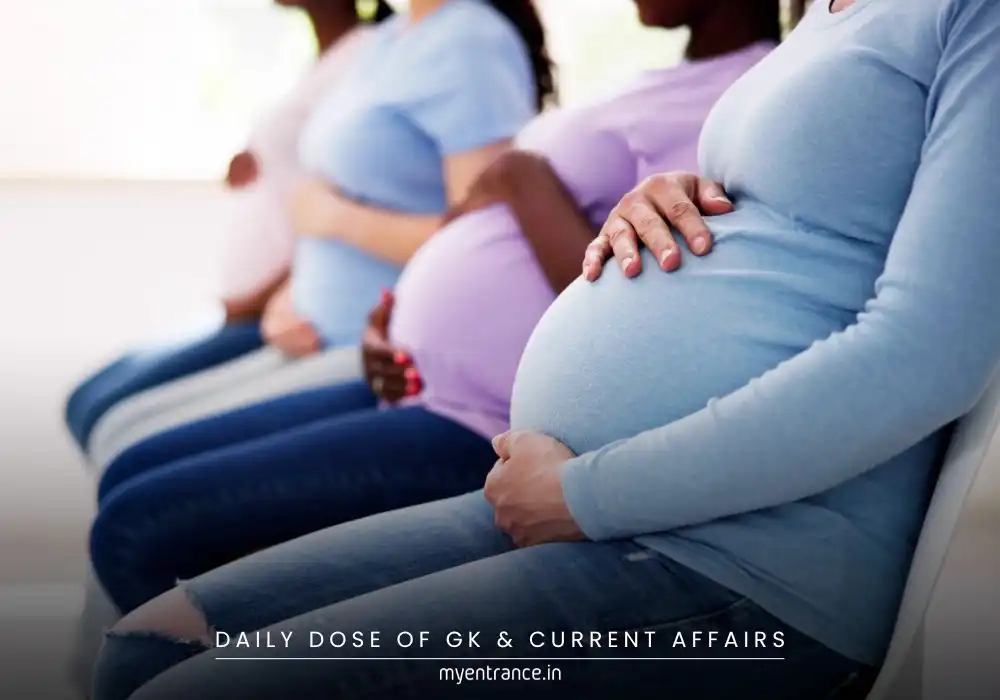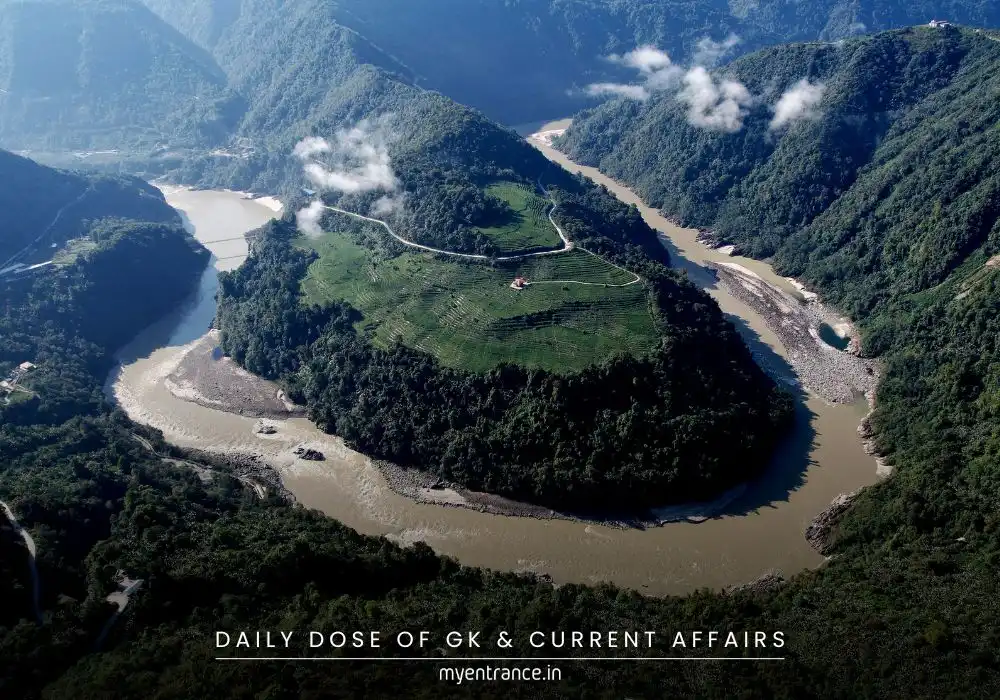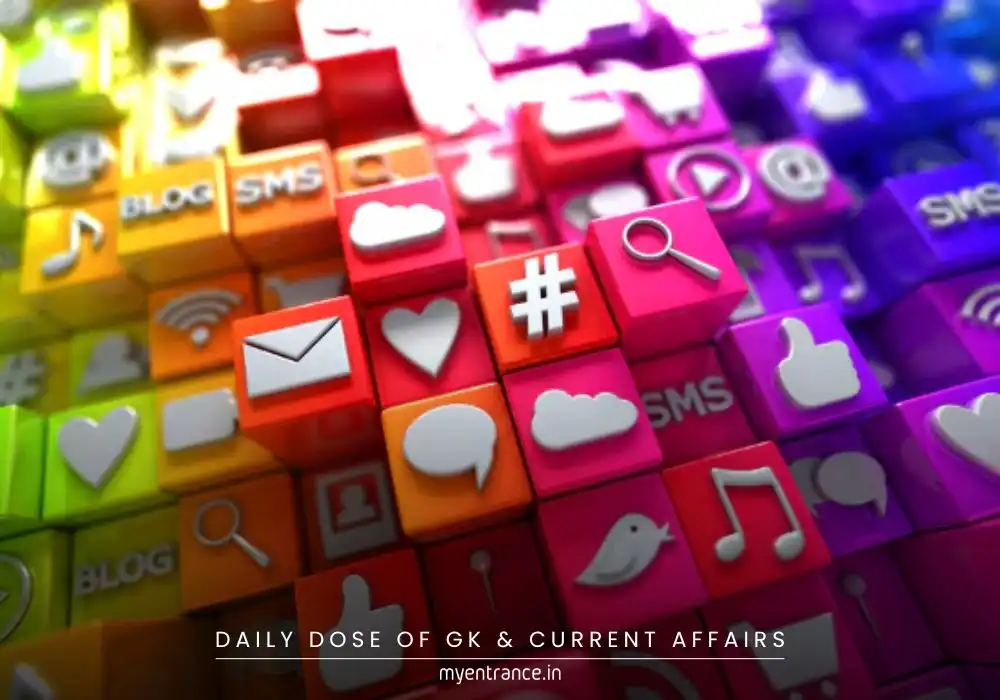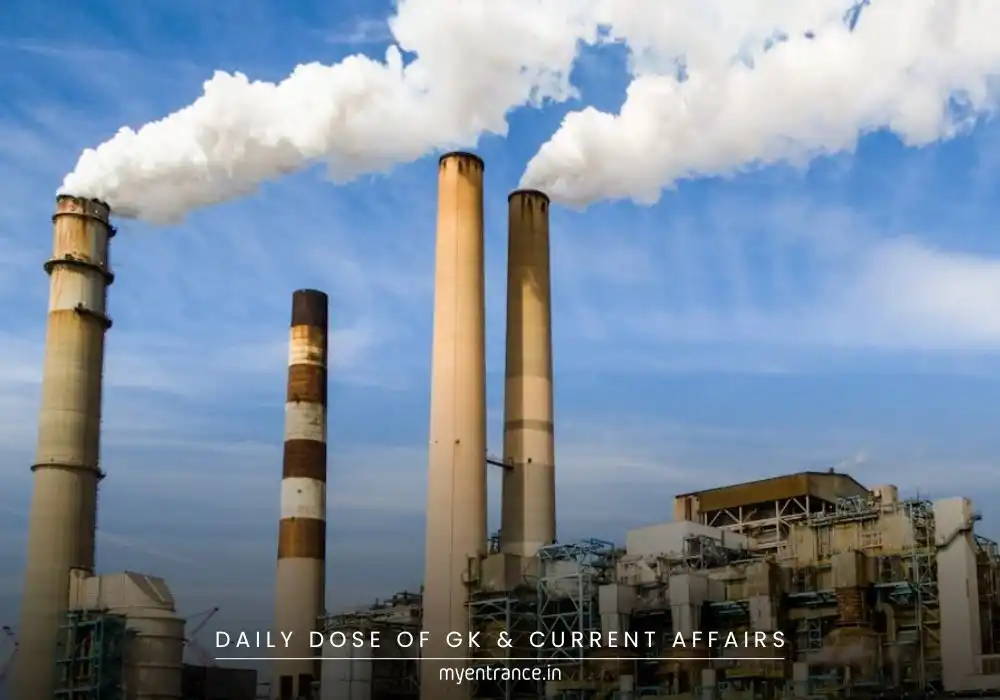Translate Language
What’s the Controversy Behind Jammu & Kashmir’s Martyrs’ Day?
The Martyrs’ Day controversy in Jammu & Kashmir has reignited political debates following the removal of its official holiday status after Article 370’s abrogation in 2019. This year marks the first time an elected government is in power since the change, leading to heightened tensions as political leaders face detentions over planned tributes.
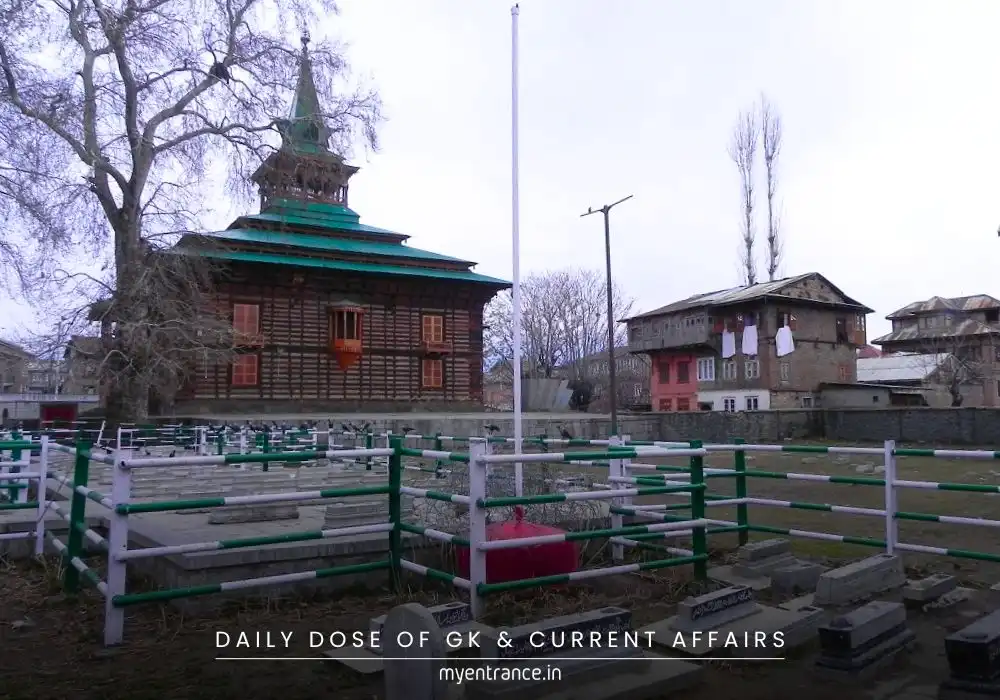
Understanding the Martyrs’ Day Row in Jammu & Kashmir
Historical Background
July 13, 1931: On this day, 22 protesters were killed by the Dogra regime’s forces outside Srinagar Central Jail while demanding rights.
The day was later commemorated as Martyrs’ Day, symbolizing resistance against oppression and the assertion of Kashmiri identity.
For decades, it remained a state holiday, with leaders paying tributes at Srinagar’s Martyrs’ Cemetery.
Post-370 Abrogation Changes
After August 5, 2019, the Lt Governor’s administration scrapped the official holiday on July 13.
The birth anniversary of Sheikh Abdullah, National Conference founder, was also removed from the official calendar.
The government now prevents political gatherings at the cemetery, leading to house arrests of leaders attempting tributes.
Political Reactions
Mainstream Parties (NC, PDP): Demand the right to commemorate the day, calling it a historical and emotional issue.
BJP’s Stand: Opposes the holiday, arguing it glorifies a separatist narrative. Instead, they advocate celebrating Maharaja Hari Singh’s birth anniversary.
Separatist Groups: Previously called for shutdowns on July 13, aligning with mainstream parties in honoring the martyrs.
Why This Matters Today
Identity Politics: The day represents Kashmiri resistance, making it a polarizing issue post-370.
Administrative Control: The Centre’s decision to block commemorations signals tighter control over J&K’s political narrative.
Legal & Human Rights Concerns: Detentions of leaders raise questions about freedom of expression and democratic rights.
Sample Questions & Answers for Competitive Exams
Q1: Why was July 13 observed as Martyrs’ Day in Jammu & Kashmir?
Ans: It commemorates the killing of 22 protesters by the Dogra regime in 1931, marking a key moment in Kashmir’s resistance history.
Q2: How did the abrogation of Article 370 impact Martyrs’ Day?
Ans: The holiday was scrapped, and official commemorations were banned, with leaders often detained to prevent tributes.
Q3: What is the BJP’s stance on Martyrs’ Day in J&K?
Ans: The BJP opposes it, viewing it as promoting separatist sentiments, and instead supports celebrating Maharaja Hari Singh’s birth anniversary.
Q4: Why is Martyrs’ Day politically significant in Kashmir?
Ans: It symbolizes Kashmiri identity and resistance, making it a contentious issue between regional parties and the Centre.
Q5: What legal issues arise from detaining leaders on Martyrs’ Day?
Ans: Critics argue it violates freedom of assembly and expression, raising concerns over democratic rights in J&K.
Get 3 Months Free Access for SSC, PSC, NIFT & NID
Boost your exam prep!
Use offer code WELCOME28 to get 3 months free subscription. Start preparing today!
